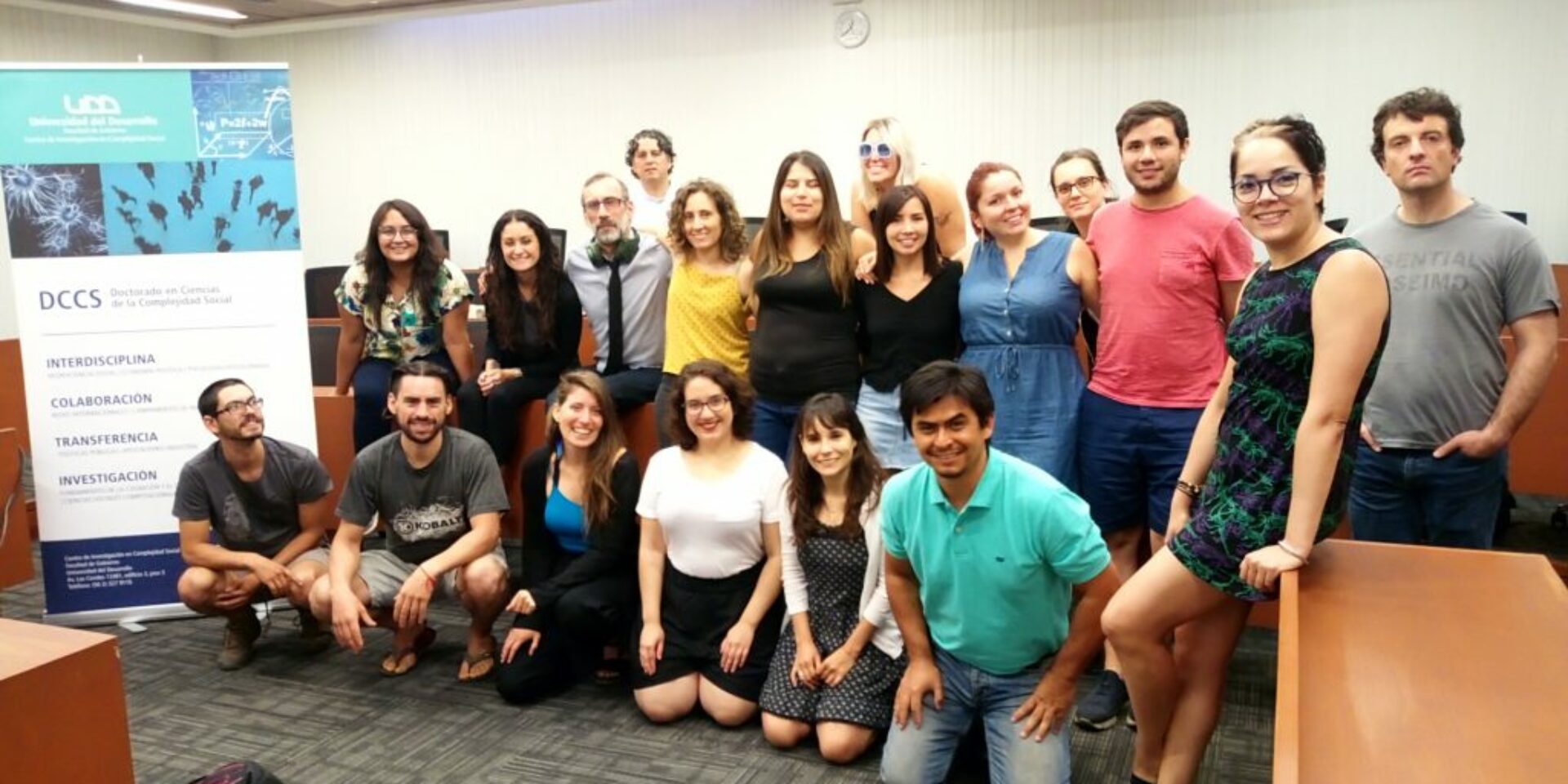
Social networks and academic performance in physics: Undergraduate cooperation enhances ill-structured problem elaboration and inhibits well-structured problem solving is the most recent work of Associate Researcher, Cristian Candia-Castro Vallejos, published in the American Physical Society journal. The article deals with the effect of teaching strategies on cooperation and how it translates into academic performance in higher education.
In this research, the results of a field experiment with 82 first-year university students from an introductory physics course are presented, showing how the different teaching strategies used led to different social configurations in the classroom and differences in individual academic performance. Thus, the researchers found first, that the search for information among peers, leads to better performance around the resolution of «bad» structured problems (new problems, with ambiguous or incomplete information); and, conversely, leads to a bad performance in «good» structured problems (familiar problems, easily defined, generally algorithmic and demanding specific knowledge such as formulas or universal constants). A second evidence suggests that teaching-learning strategies affect the relationship between collaboration and academic performance, where strategies that favor social interaction and highlight the importance of creativity in problem solving are preferable to optimize collaboration.
The results suggest that collaborative learning is sensitive to the nature of learning activities and instructional strategies, dimensions of educational work that must be considered in order to avoid undesirable effects resulting from ineffective collaboration among students.
The article
Authors: Javier Pulgar, Cristian Candia, and Paul M. Leonardi